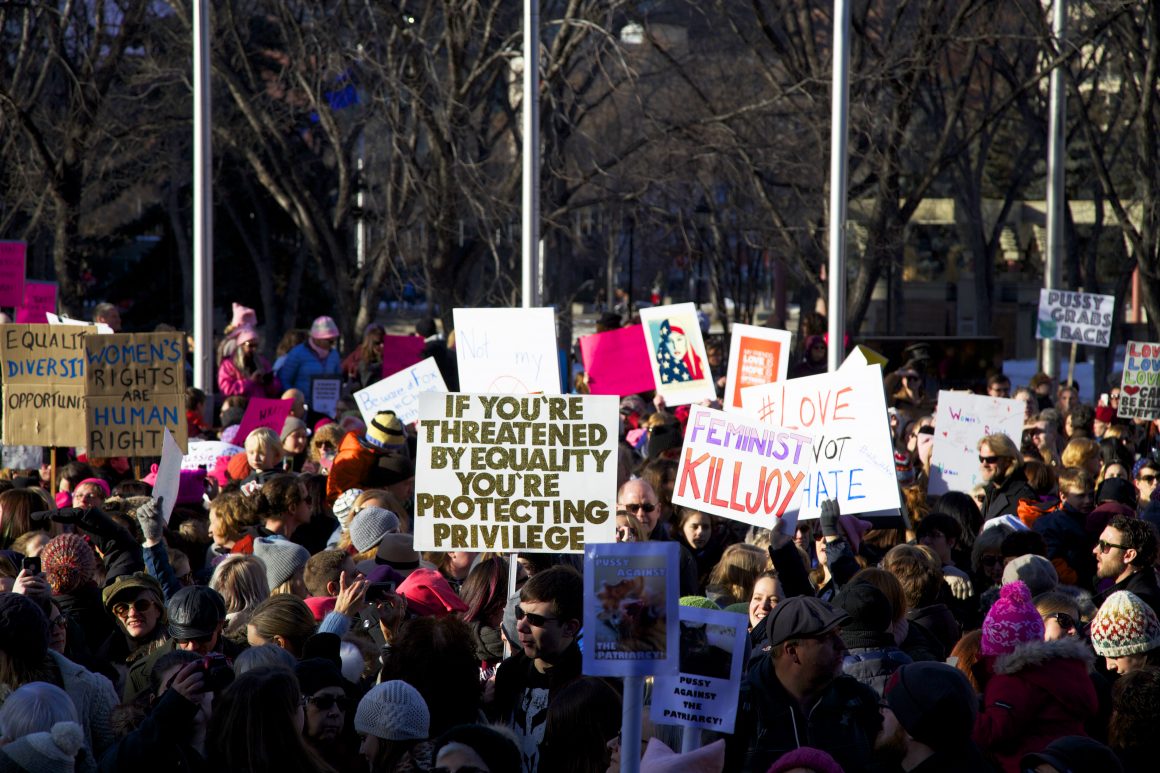
Anti-choice feminism isn’t feminism at all
By Isobel Chiang, January 31 2017 —
The Women’s March on Washington on Jan. 21 was many things at once — a march for equality, an antidote to bigotry and an outpouring of collective grief.
But for some, the march felt like an exclusive club they did not belong to. Or so Texas anti-choice group New Wave Feminists claimed. The organization applied to be an official partner for the Women’s March and would have joined the ranks of Planned Parenthood and NARAL Pro-Choice America, but was rejected.
“The idea that feminism is this club and you can be anything you want but not pro-life is so ironic,” said New Wave Feminists founder Destiny Herndon-De La Rosa.
But is it possible to be a pro-life feminist? The answer depends entirely on one’s definition of “pro-life.”
If you identify as pro-life and would personally never get an abortion, but do not believe you have the right to tell another woman what she can or cannot do with her own body, then yes, you can be a feminist.
But there’s actually a name for this kind of pro-life feminism — pro-choice.
However, if you condemn abortion and believe that under no circumstances a woman should have the right to choose her own reproductive destiny, then you are anti-choice and not a feminist.
Broadly speaking, feminism is a revolt against patriarchy and any socio-economic relations that place women as categorically inferior to men. Feminism rejects arbitrary hierarchies and believes that the fruits of civil society must be equally distributed among all citizens — irrespective of gender, religion, race or class.
As feminist scholar Simone de Beauvoir wrote, the goal of feminism is to grant all people “full membership in the human race.”
A person cannot be both anti-choice and a feminist because no woman can call herself a full member of the human race if she cannot own and control her body.
The anti-choice movement’s purpose is to deny women their agency, autonomy and free will by making it nearly impossible or illegal to access abortion, birth control and other reproductive health services.
Without the ability to choose the course of her own life, a woman is denied an equal and meaningful existence. Gloria Steinem put it best at the Women’s March: “if women can’t decide our lives from the skin in, we can’t decide our lives from the skin out.”
Reproductive freedom affirms gender equality while anti-choice legislation ensures the suffering of women under patriarchal and paternalistic social relations will endure.
So, despite the clumsy insertion of “feminists” at the end of its title, New Wave Feminists is fully complicit in America’s gender inequality.
If a vegan said to you one day that they are against the unethical treatment of animals under human care, but from time to time they enjoy a steaming plate of bacon, you would flat out reject their claim to veganism and look skeptically upon their @VeganisLyfe Instagram account.
That same skepticism should be applied to an “anti-choice feminist”— the very notion of which is as untenable and contradictory as a bacon-eating vegan. One cannot exalt gender equality and simultaneously support the very abortion regulations that are part of a prolonged tactic to keep women as the secondary sex.
So the next time an anti-abortion demonstrator tries to engage with you outside of MacHall, equip yourself with the fundamental truth that any form of feminism which denies women basic human rights is not feminism at all.
